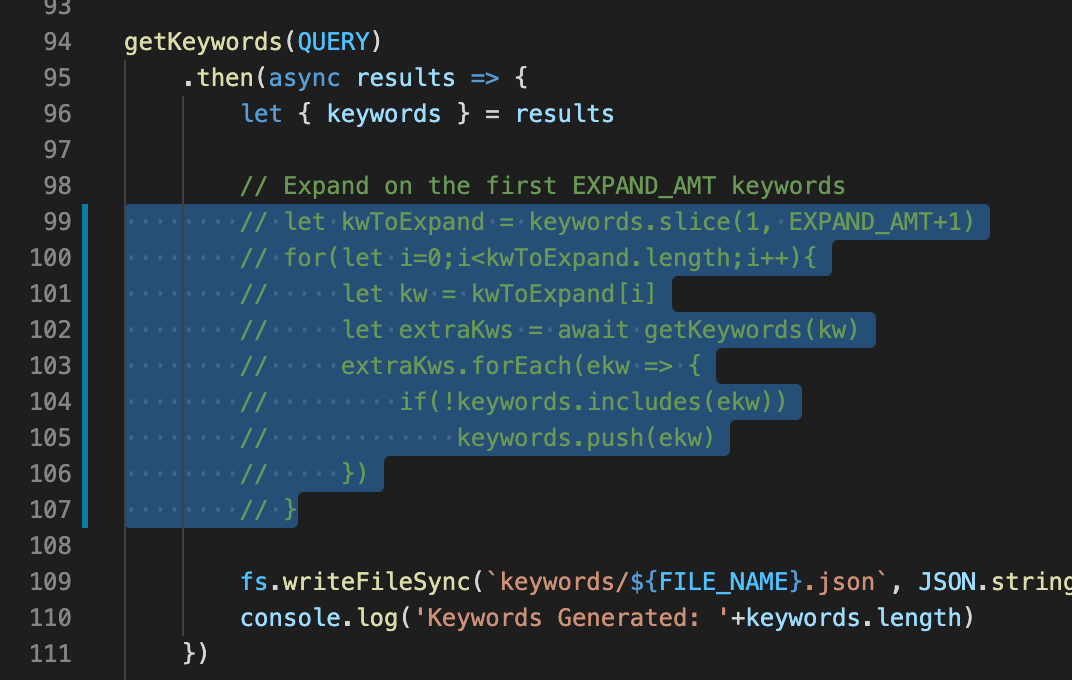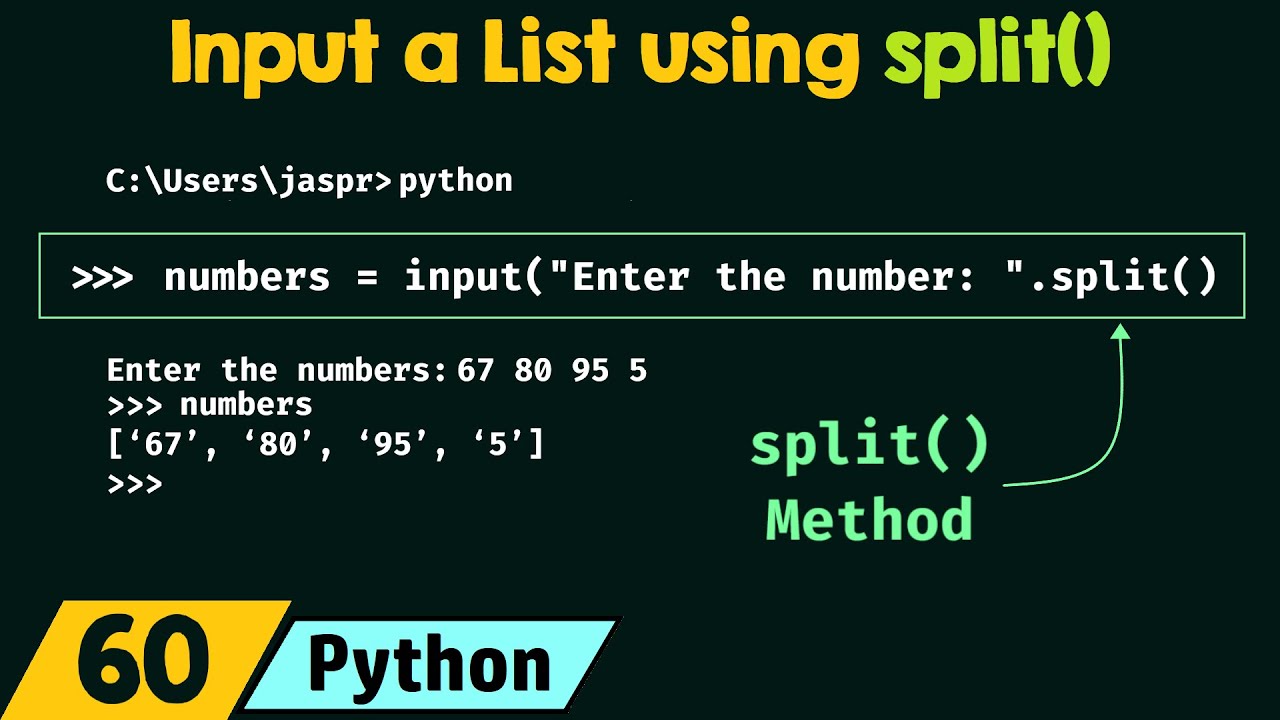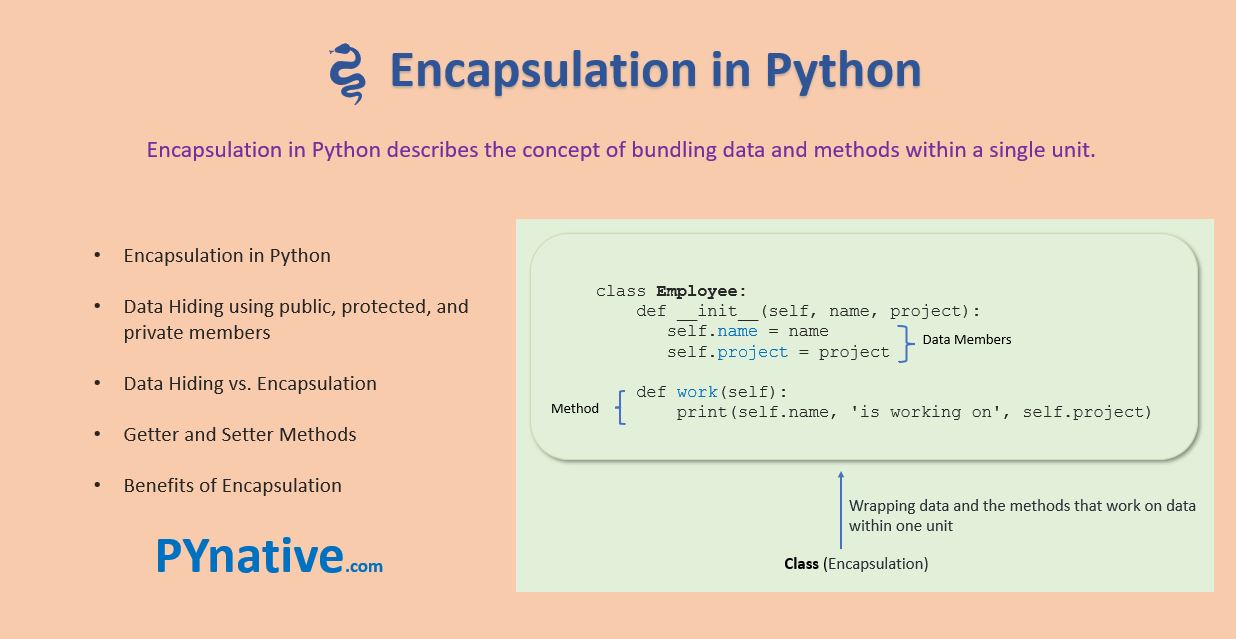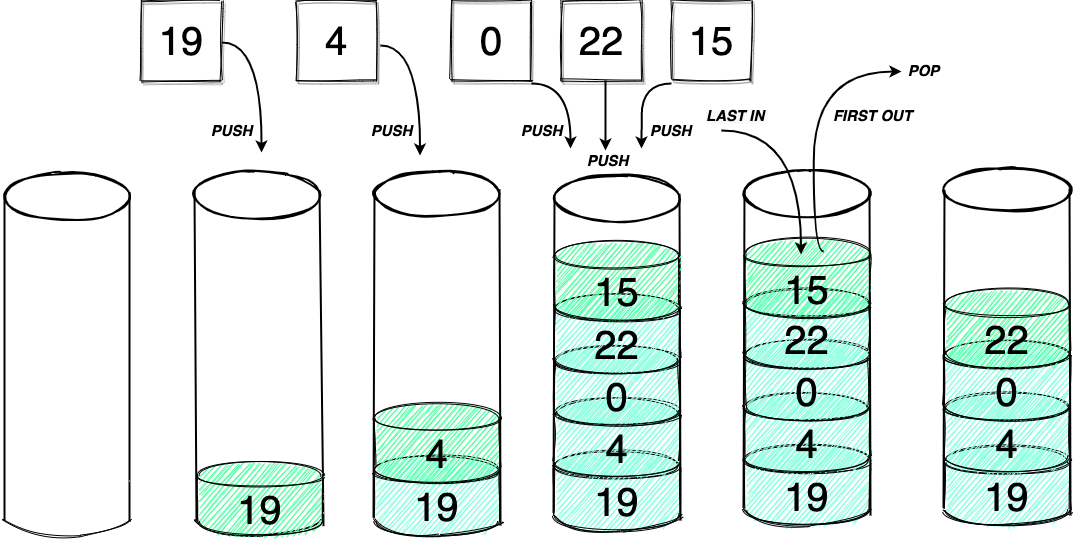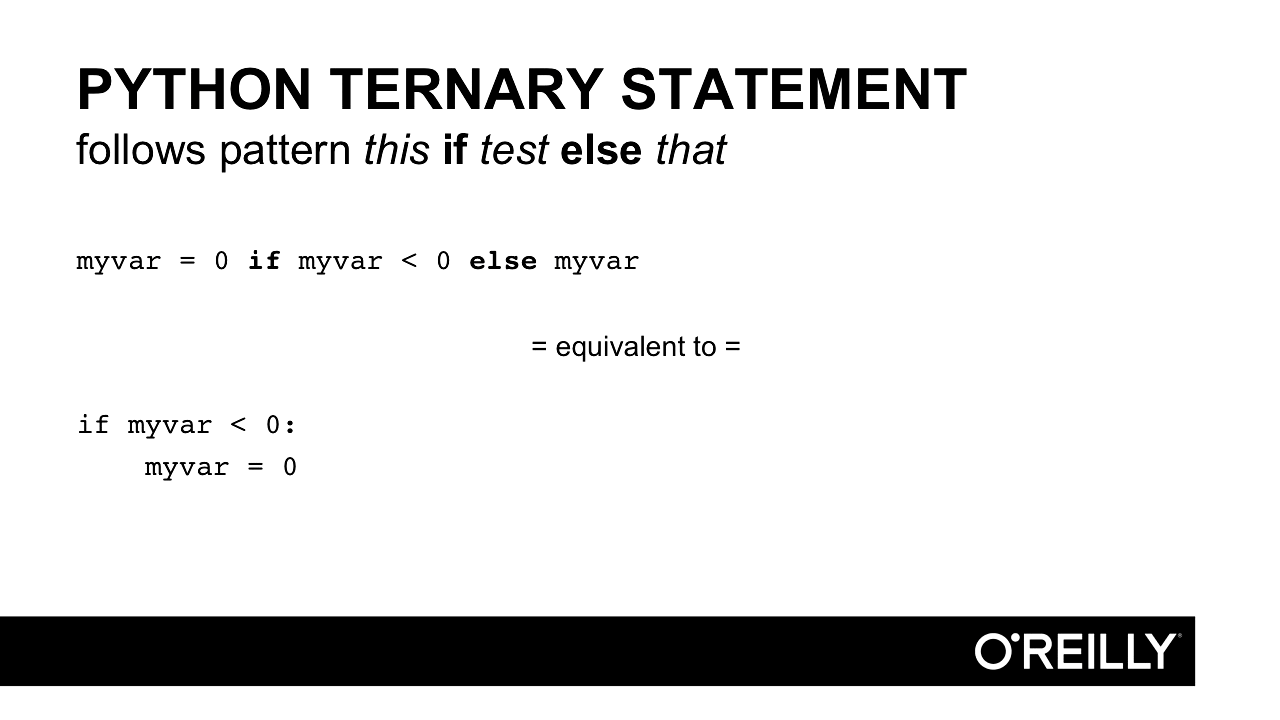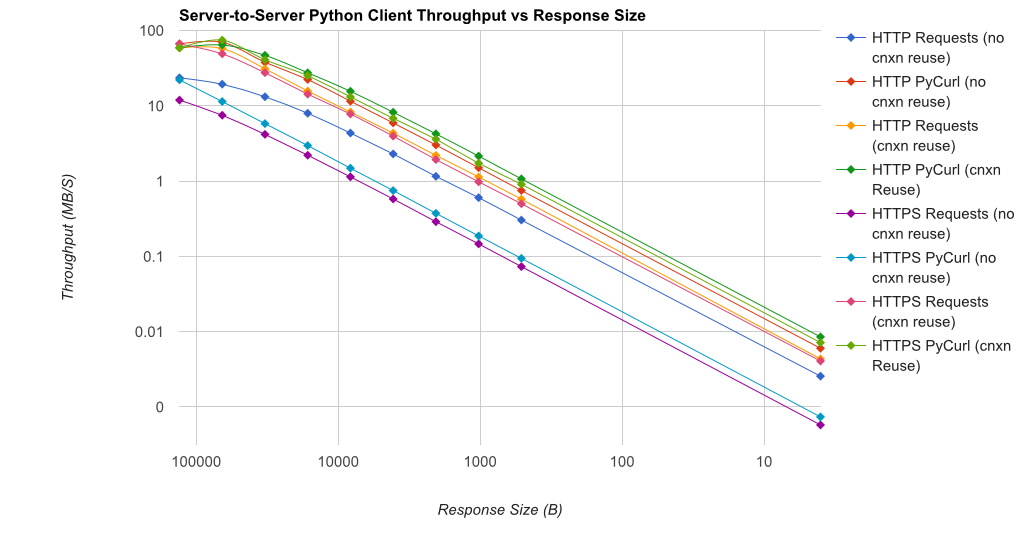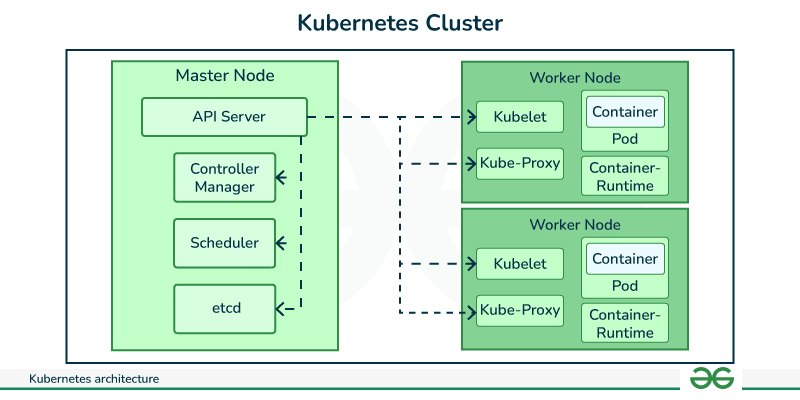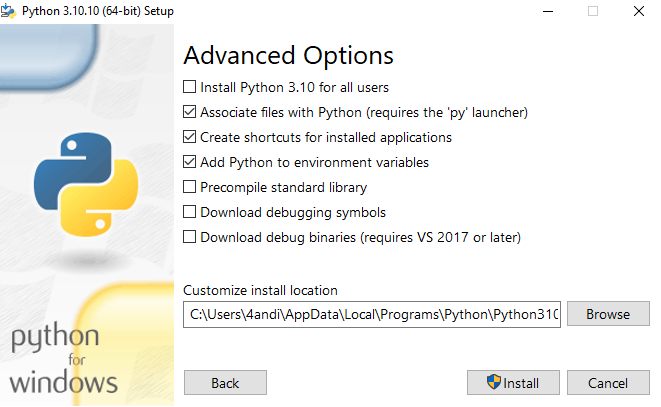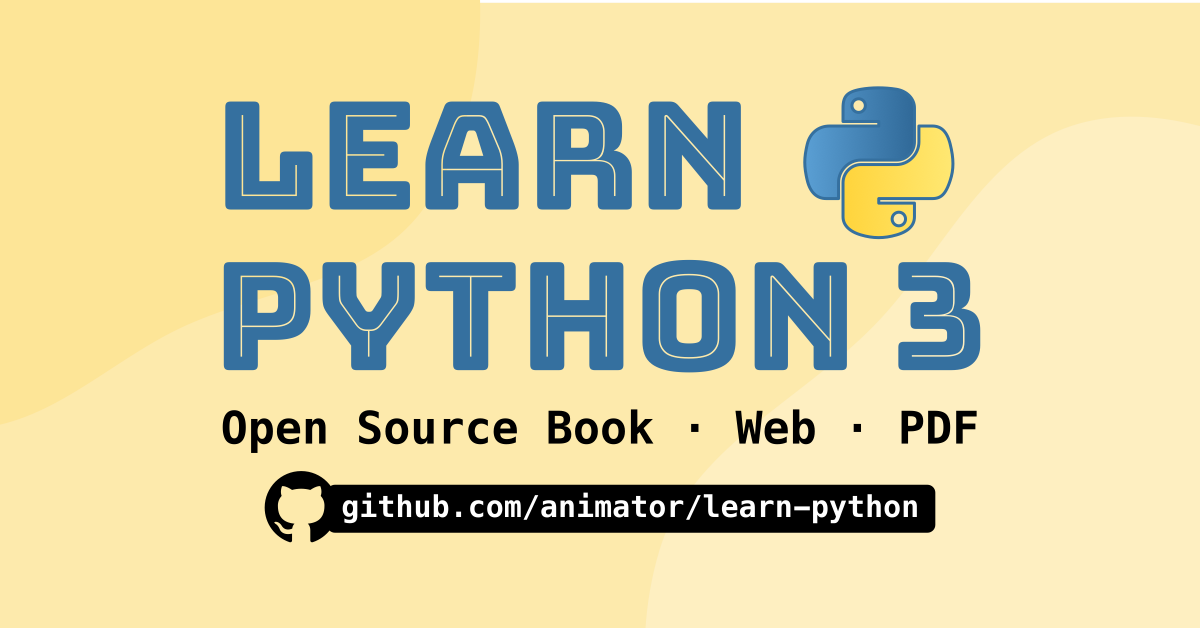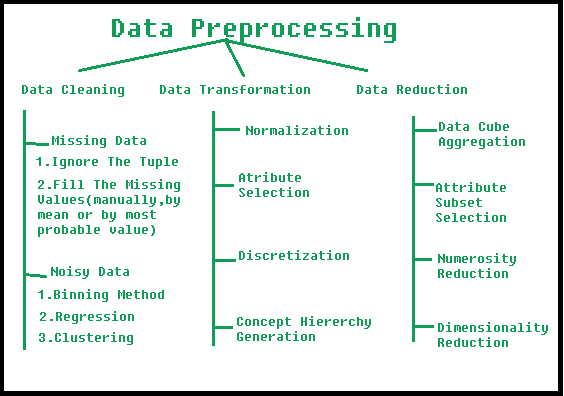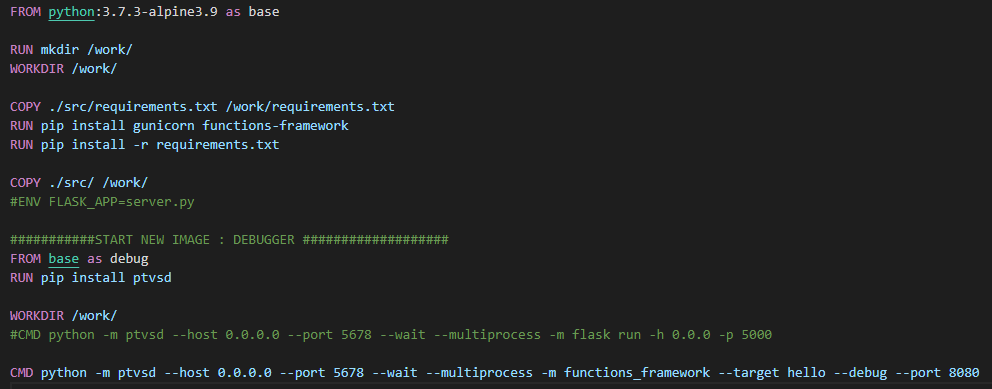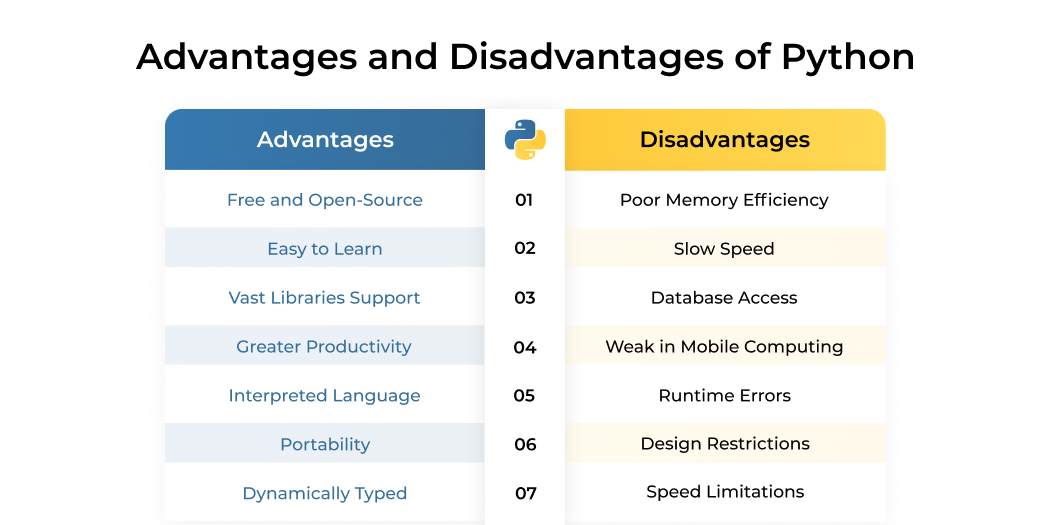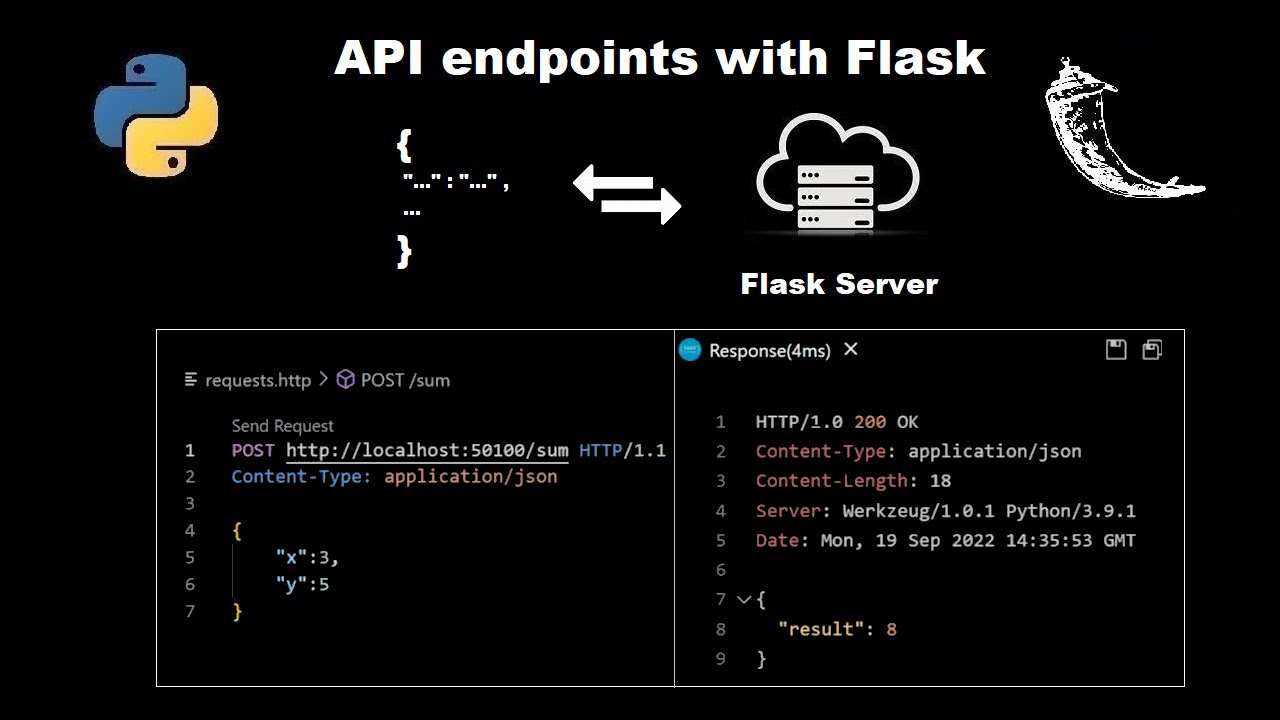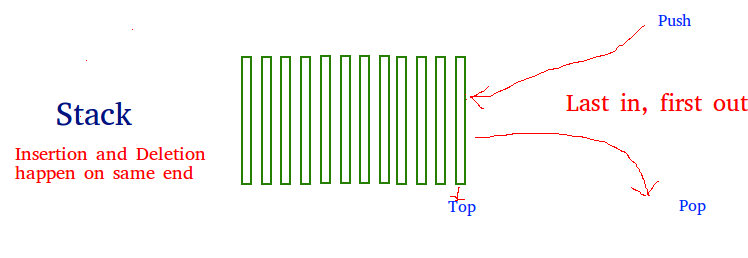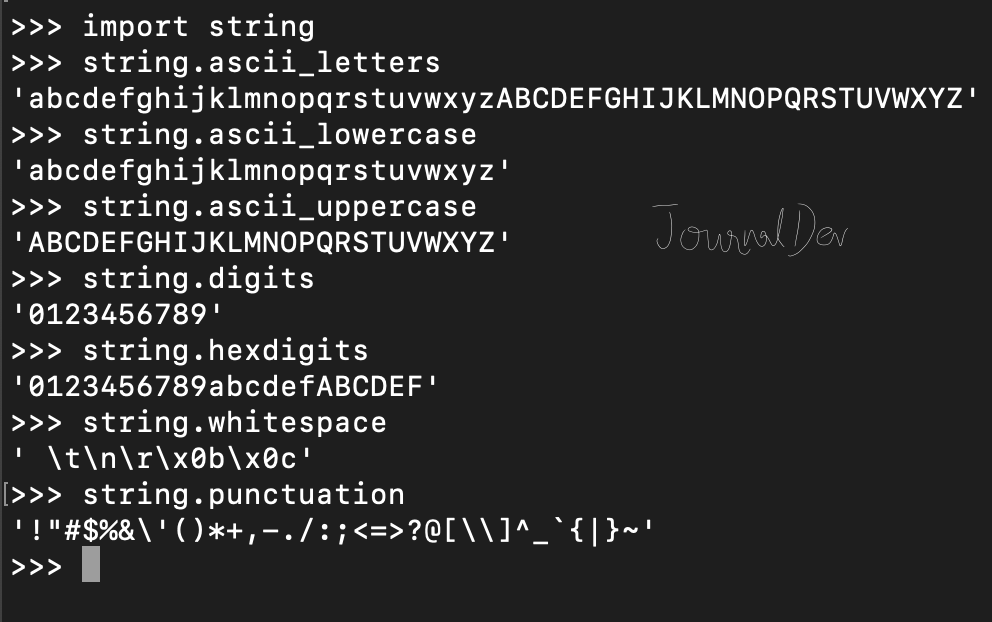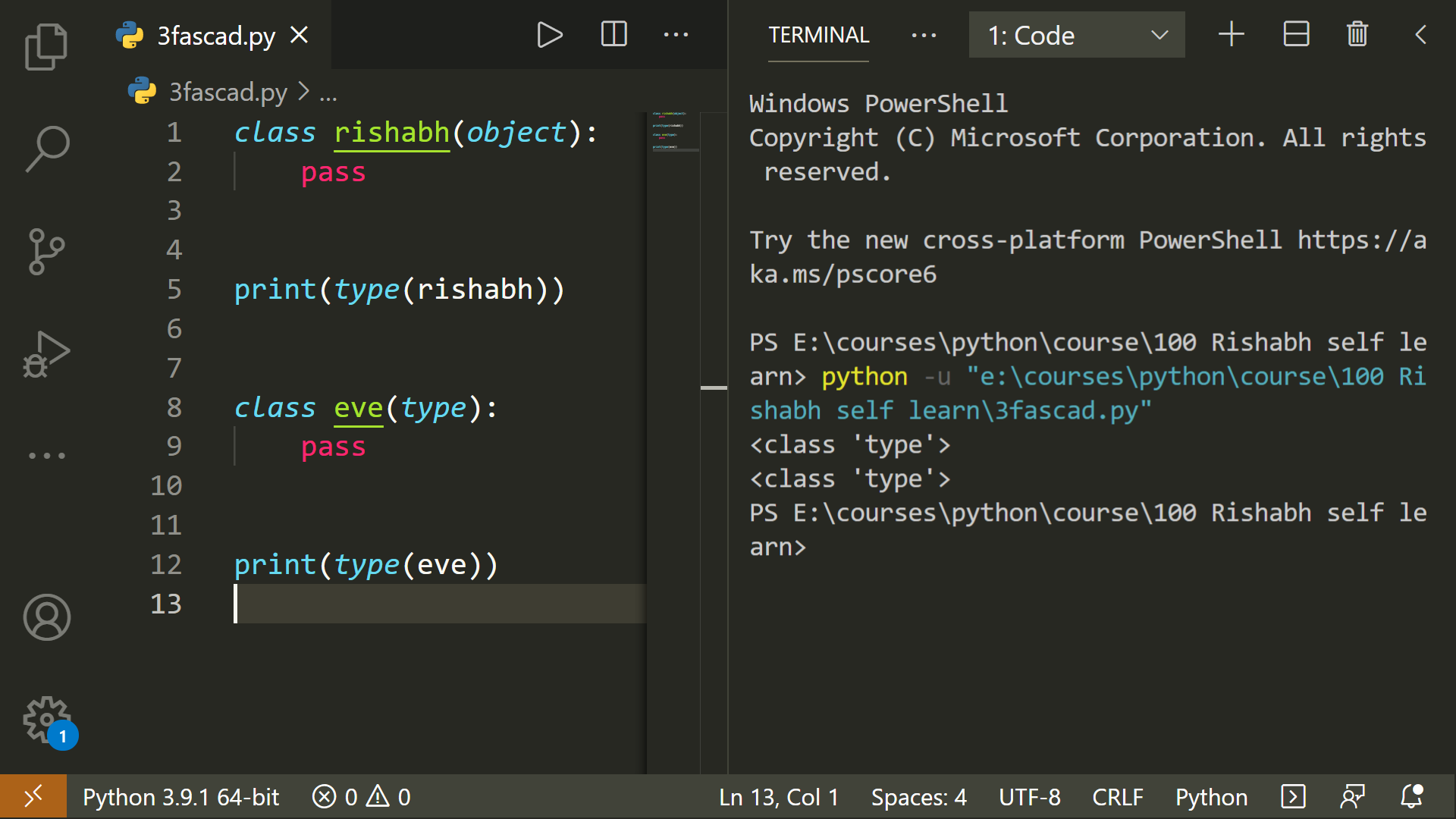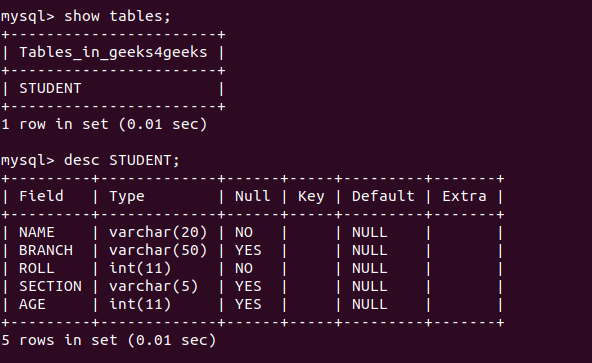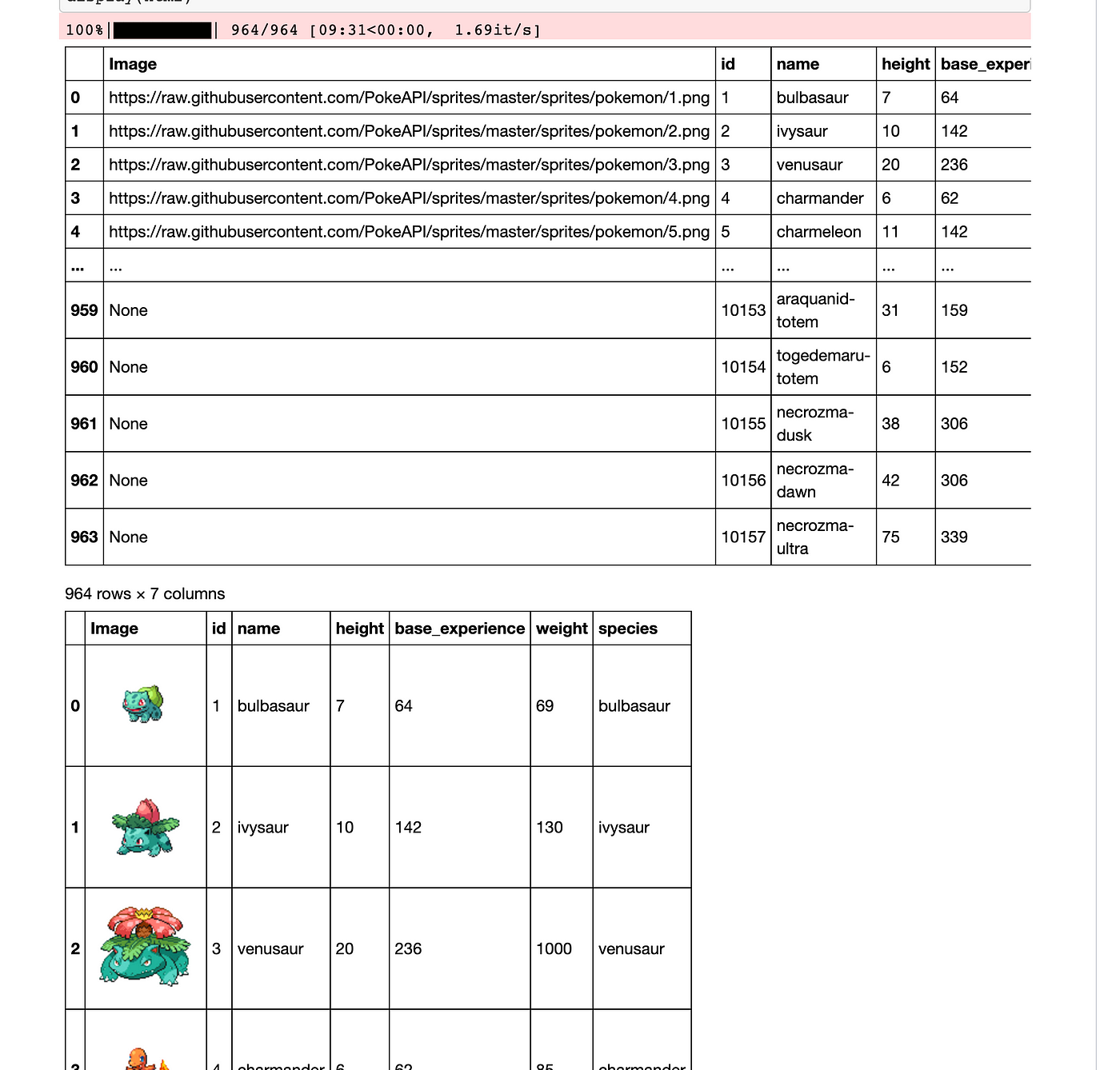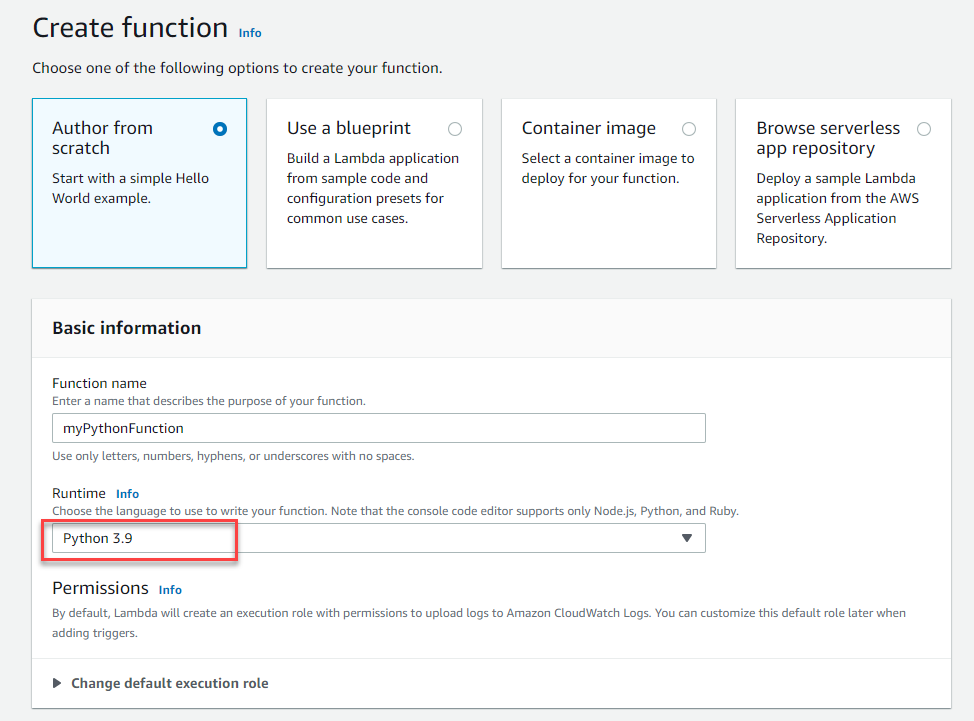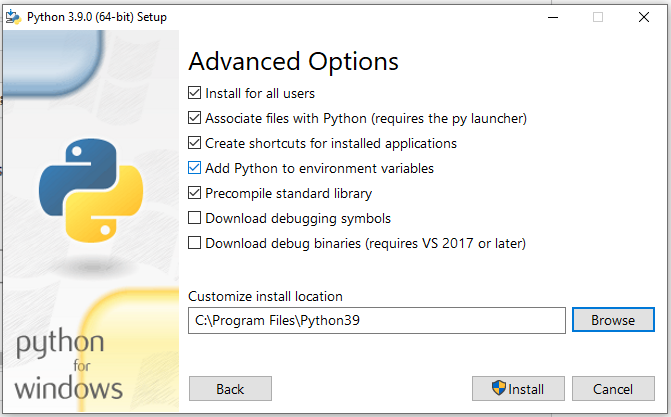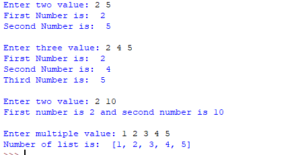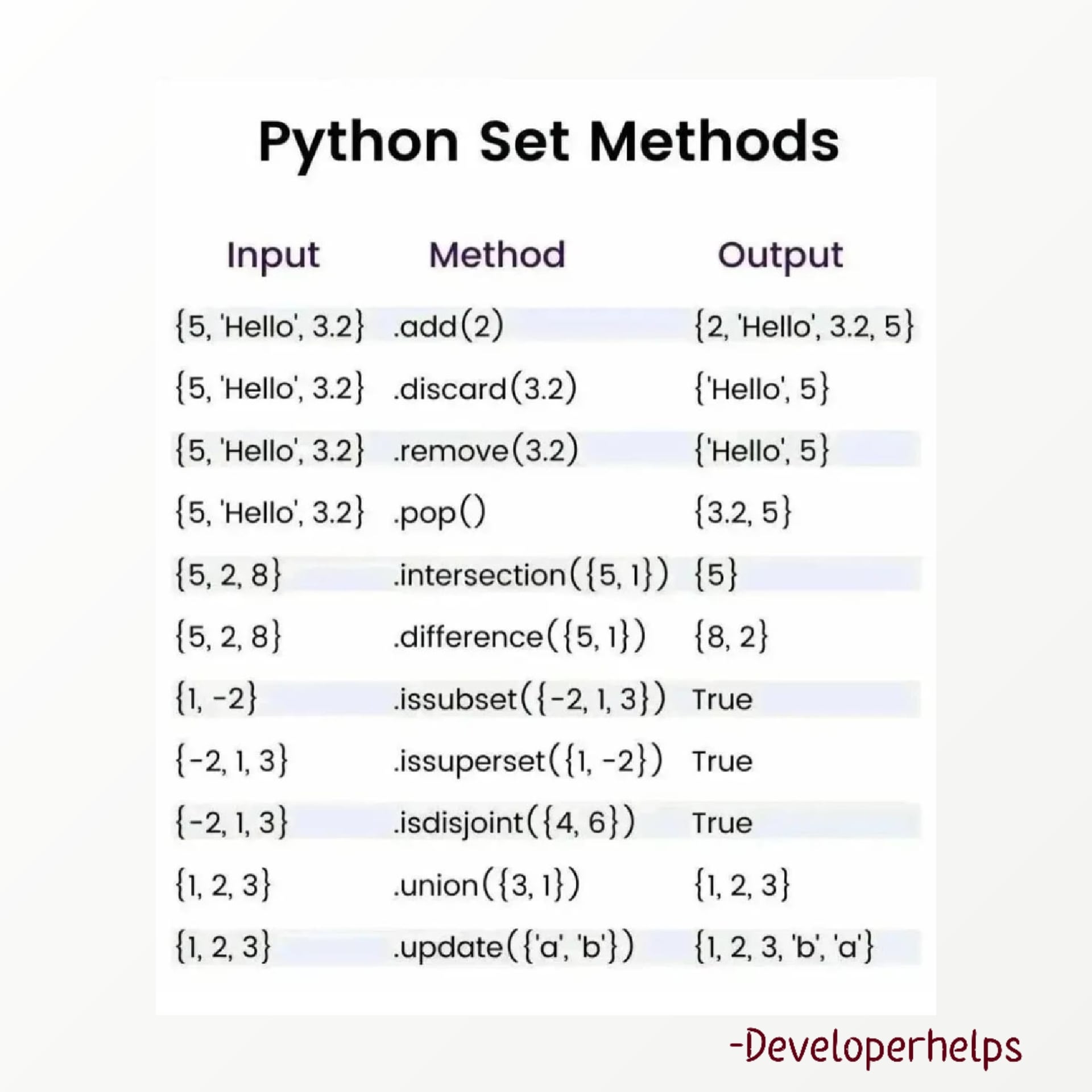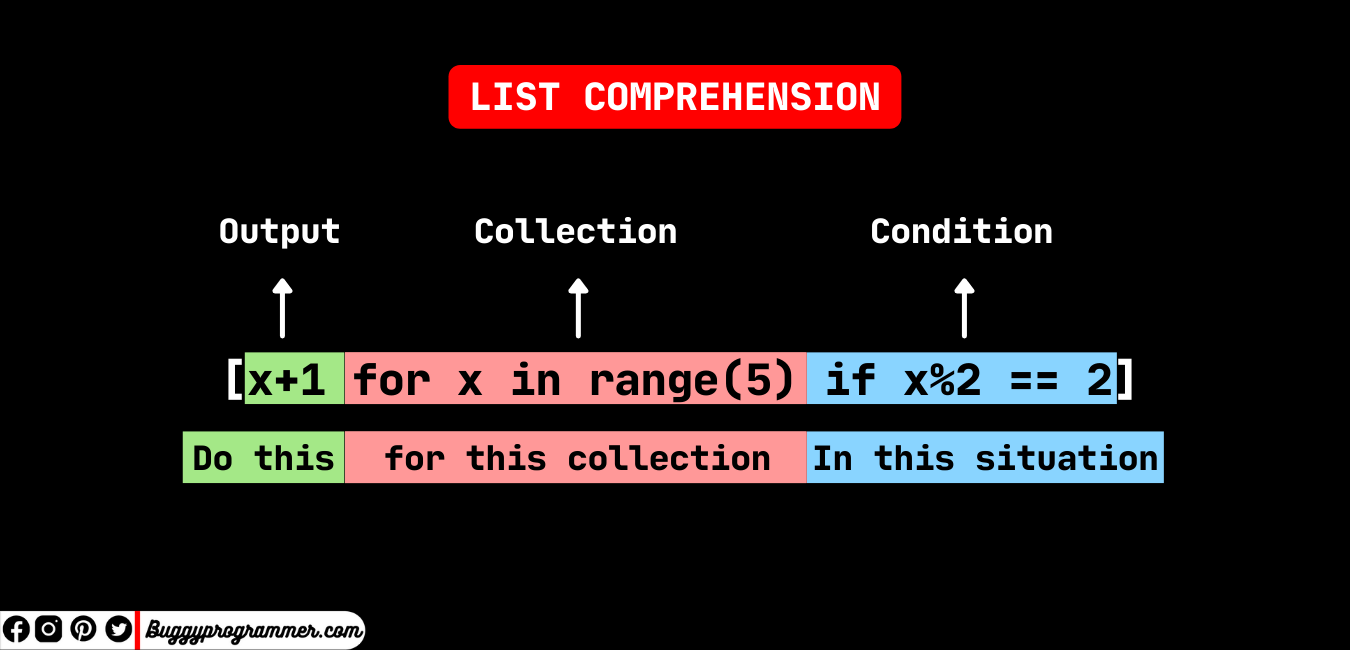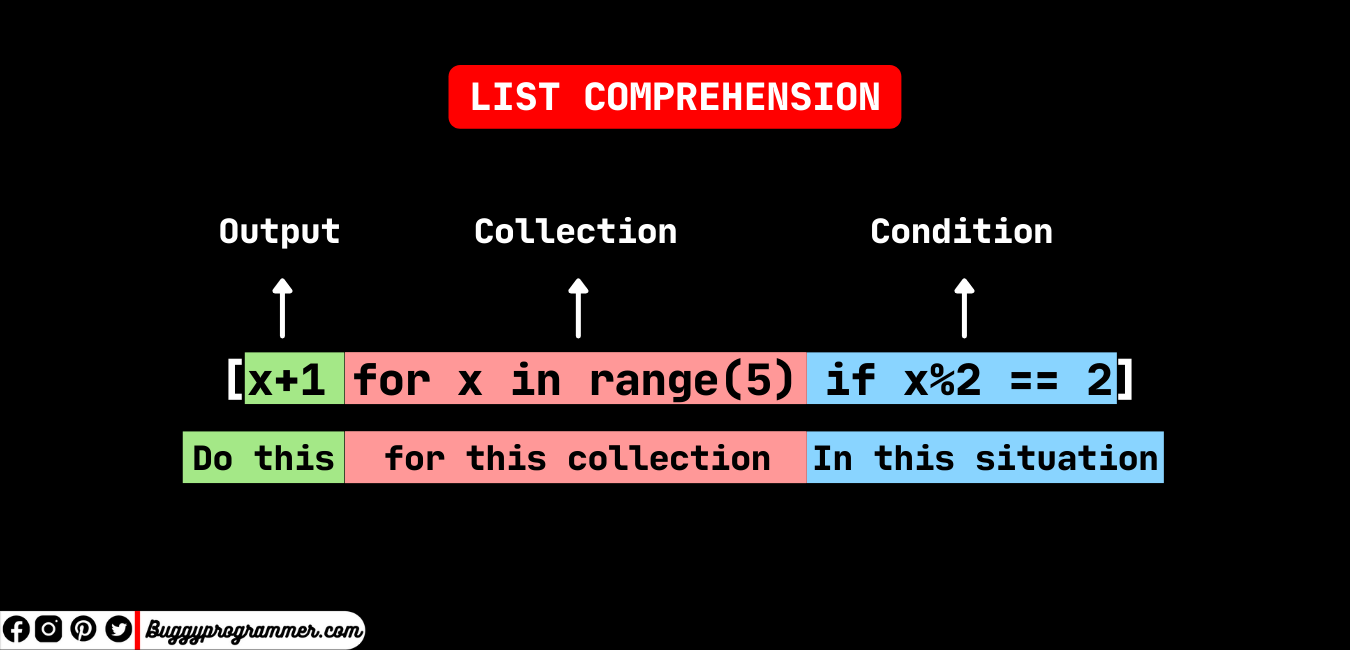Is python or c++ better for game development reddit
Is python or c++ better for game development reddit
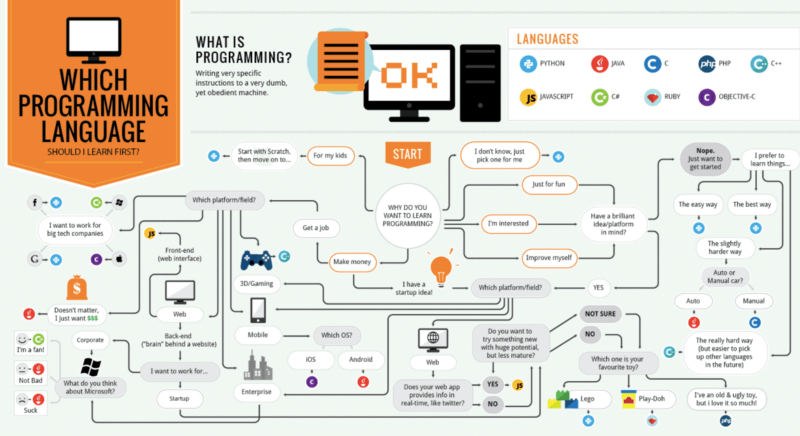
The age-old debate!
On the Reddit forum, many developers share their opinions on which language is better for game development: Python or C++. While both languages have their strengths and weaknesses, let's dive into some key points to consider.
Python:
Pros:
Ease of use: Python is known for its simplicity and readability, making it an excellent choice for beginners and experienced developers alike. Rapid prototyping: With a vast number of libraries and frameworks available, such as Pygame, PyOpenGL, or Panda3D, you can quickly create a working prototype to test your game idea. Cross-platform compatibility: Python's ability to run on multiple platforms, including Windows, macOS, and Linux, makes it an attractive choice for developers who want to target various platforms.Cons:
Performance limitations: While Python is great for rapid prototyping, its interpreted nature can lead to performance issues when compared to compiled languages like C++. Lack of control over memory management: Python's dynamic memory allocation and garbage collection might not be suitable for games that require precise control over memory usage.C++:
Pros:
Performance: As a compiled language, C++ provides better performance characteristics compared to interpreted languages like Python. Direct access to system resources: With C++, you have direct control over memory management, which can be crucial for games that require precise resource allocation. Native support for game development libraries: Many game development libraries and frameworks, such as SDL, DirectX, or OpenGL, are written in C++ and provide native support for this language.Cons:
Steeper learning curve: C++ is a more complex language compared to Python, requiring a stronger understanding of computer science concepts and memory management. More tedious development process: With C++, you'll need to manually manage memory, handle errors, and perform other tasks that can slow down the development process.So, which one is better for game development?
In reality, both languages have their strengths and weaknesses. It ultimately depends on your specific needs, preferences, and goals:
If you're looking for rapid prototyping, ease of use, and a relatively easy transition into game development, Python might be the better choice. If you prioritize performance, direct control over system resources, and are willing to invest time in learning a more complex language, C++ is likely the way to go.Hybrid approach:
Why choose just one when you can combine the strengths of both? Many developers use Python for prototyping and level design, then transition to C++ for performance-critical components or game engines. This hybrid approach can help you take advantage of the best qualities from each language.
In conclusion, while there's no clear winner in the Python vs. C++ debate for game development, each language has its unique advantages and disadvantages. Choose the one that aligns best with your project goals and personal preferences, or explore a hybrid approach to get the most out of both worlds!
Is Python any good for game development?
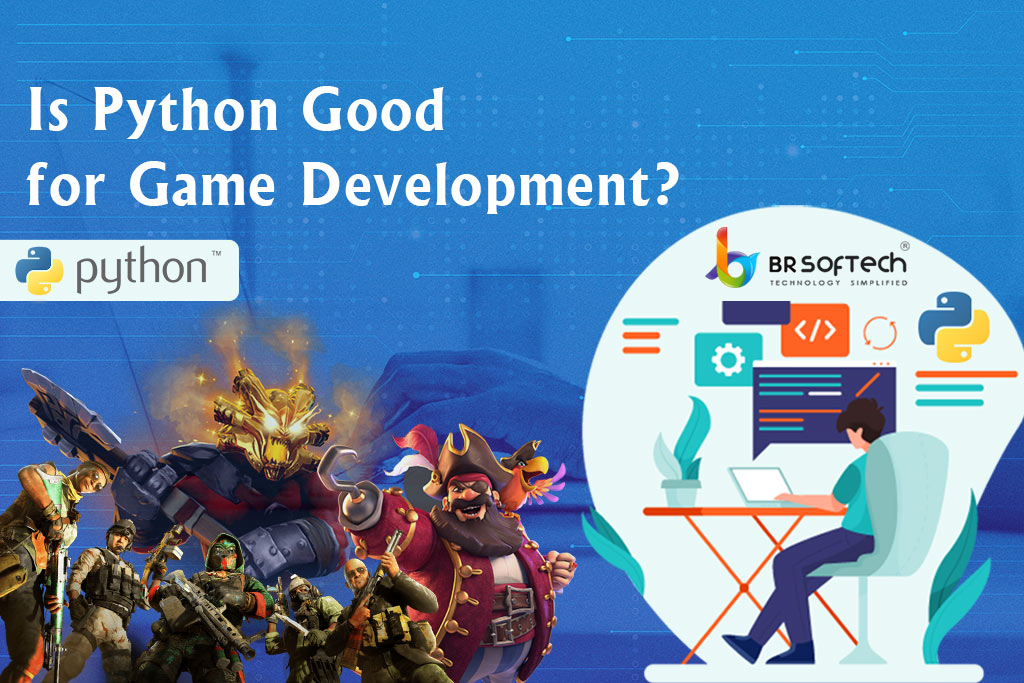
Python! An excellent choice for many tasks, including game development!
So, is Python good for game development? Absolutely! Here's why:
Easy to learn: Python has a relatively simple syntax and is generally easy to pick up, even for those without prior programming experience. High-level language: As a high-level language, Python abstracts away many low-level details, allowing you to focus on the game logic rather than getting bogged down in memory management or pointer arithmetic. Extensive libraries and frameworks: Python has an incredible array of libraries and frameworks for game development. Some notable ones include: Pygame: A cross-platform set of Python modules designed for writing video games. Panda3D: A powerful, open-source game engine with Python as its primary scripting language. PyOpenGL: An OpenGL wrapper that allows you to create 2D and 3D graphics in Python. Cross-platform compatibility: Python's ease of deployment and the versatility of its libraries mean that your games can run on various platforms, including Windows, macOS, Linux, Android, and iOS. Dynamic nature: Python's dynamic typing allows for rapid prototyping and iteration, making it an excellent choice when working on a game. Rapid prototyping: Because Python is so easy to learn and has such powerful libraries and frameworks, you can create a prototype or even a fully-fledged game relatively quickly.Now, I know what you might be thinking: "But what about the performance?" Ah, that's a great question!
Performance-wise, Python isn't the strongest contender. It's not as efficient as languages like C++ or Rust for high-performance applications like AAA games. However:
Just-in-Time (JIT) compilation: Modern Python implementations, such as PyPy and PyInstaller, include JIT compilers to boost performance. Cython: Cython is a superset of the Python programming language that allows you to add static typing, giving you more control over memory management and better performance.In summary:
Python can be used for game development! Its ease of learning, extensive libraries, cross-platform compatibility, dynamic nature, rapid prototyping capabilities, and (with some effort) acceptable performance make it an excellent choice for many types of games. So go ahead, give Python a shot!
What kind of game do you want to create?


